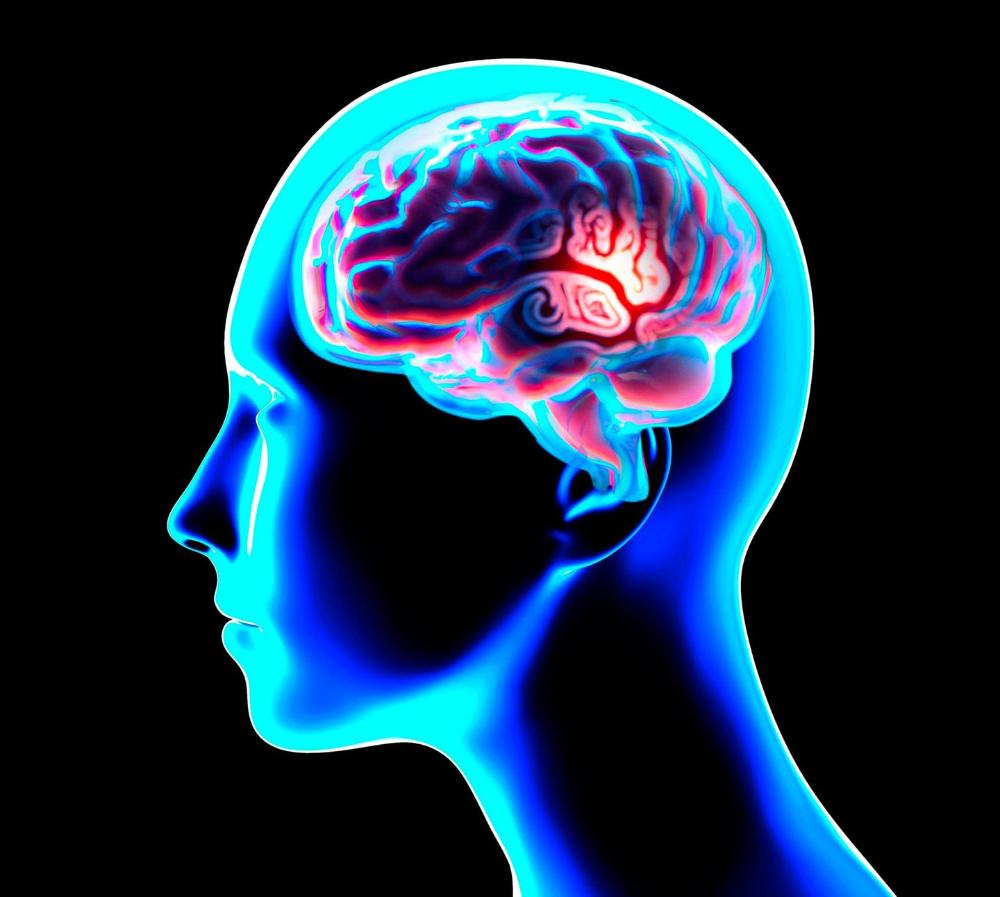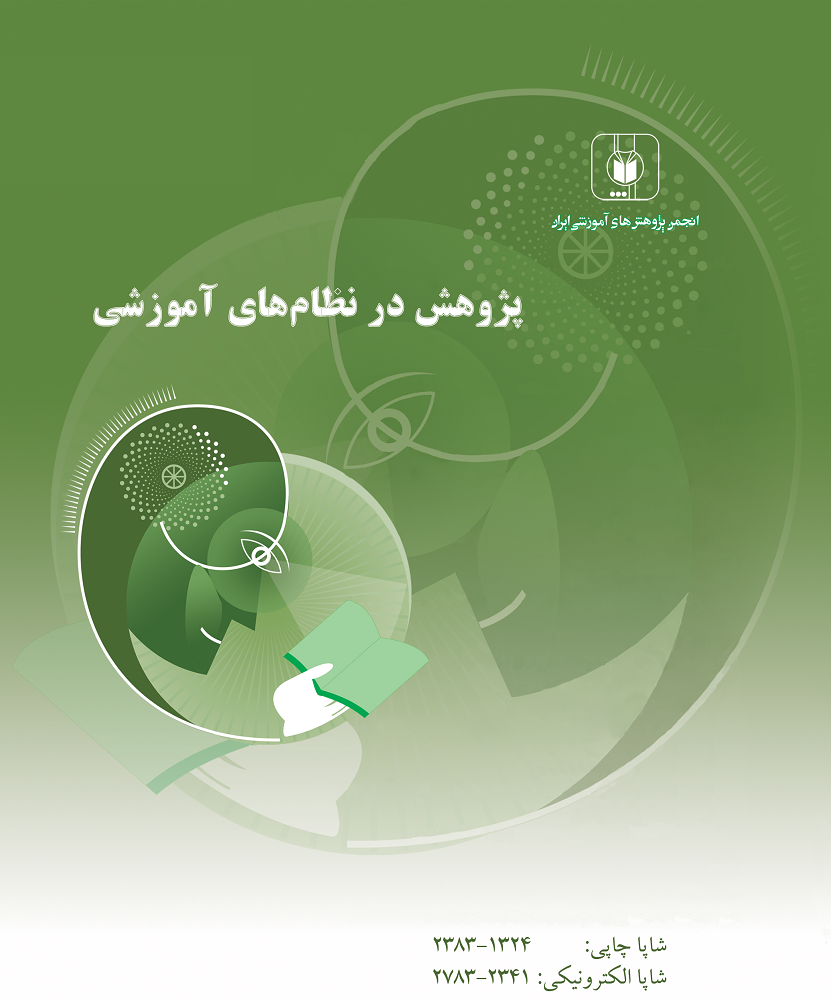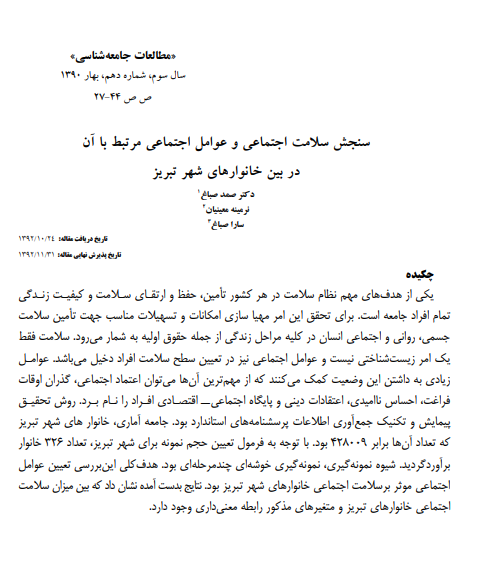Why loneliness ages the brain – and how to keep it young - کرسی یونسکو در سلامت اجتماعی و توسعه ucshd

Why loneliness ages the brain – and how to keep it young
Why loneliness ages the brain – and how to keep it young
24 01 2025 10:33
News Code : 43484482
View Count : 24925
Social connections keep the brain young, while loneliness ages it faster. What do researchers know about the effects of friendship and connections on the brain?
Social connections keep the brain young, while loneliness ages it faster. What do researchers know about the effects of friendship and connections on the brain?
Sometimes, after a busy week at work, silence can be soothing. But if the silence lasts too long and the loneliness echoes off the walls, it can become annoying. This condition can even change the brain's neural structures in an unfavorable way and cause it to age faster.
The findings are the result of a longitudinal study conducted by researchers at the University of Leipzig in collaboration with the Max Planck Institute for Cognitive and Neuroscience on around 2,000 participants. The researchers examined key brain characteristics and the process of cognitive aging in relation to the level of social connections and examined the impact of social isolation on memory, attention and brain structure. In addition to interviews with the participants at the beginning, middle and end of the study, repeated brain scans using an MRI machine were performed over a period of six years.
Decreased gray matter in the brain due to reduced connectivity
Participants aged 50 to 82 initially provided information about their social connections. During the study, they were repeatedly given memory and attention tests, and their mental flexibility, that is, the ability to adapt cognitively, emotionally and motorically to new situations, was assessed.
The results showed that people who had fewer social connections, and this decrease continued at the end of the study, showed a greater decrease in gray matter in the brain compared to those who had more social connections. This decrease in gray matter was observed especially in the hippocampus and cerebral cortex.
The hippocampus, according to the researchers, is the focal point of age-related decline, and structural changes related to Alzheimer's disease can appear earlier in this area. This part of the brain is crucial for memory and learning processes. Learning new subjects, such as a language or a musical instrument, can keep the brain young. The cerebral cortex is also responsible for cognitive functions such as language, decision-making and spontaneous movements.
Loneliness may contribute to dementia
Loneliness not only ages the brain faster and impairs memory, but it may also increase the risk of Alzheimer's. Researchers believe that the human mind needs stimulation, exposure to new topics, and constant challenge. Social interactions keep the brain active and engaged; for example, in social situations, conversation participants must constantly interpret the facial expressions, body movements, thoughts, and emotions of others.
Interacting with others can even enrich the brains of older people with new perspectives and ideas. Connecting with younger generations also acts as a "freshener" for older brains.
Expert advice for keeping the brain young
In an interview with GEO magazine, the late neuroscientist Professor Gerhard Roth suggested that the brain should be challenged in a way that sometimes feels difficult. He strongly criticized early retirement and believed that the best way to prevent dementia is to be constantly and long-term mentally and physically active.
A life without social interactions may lead to a decline in brain structure and consequences such as cognitive, motor and language decline. The brain's flexibility, i.e. its ability to adapt and make new connections, is also damaged as a result of loneliness.
The positive effect of social interactions on the brain
Connecting with others increases the secretion of the hormone oxytocin, which has healing effects on the brain. This hormone reduces stress and increases motivation and feelings of happiness.
Combining movement and social interactions
Group sports are not only good for the body, but also for the mind. These activities stimulate the mind and keep the brain young. Therefore, to reduce the negative effects of loneliness, researchers suggest that people connect with others through activities such as group sports or volunteer work.






